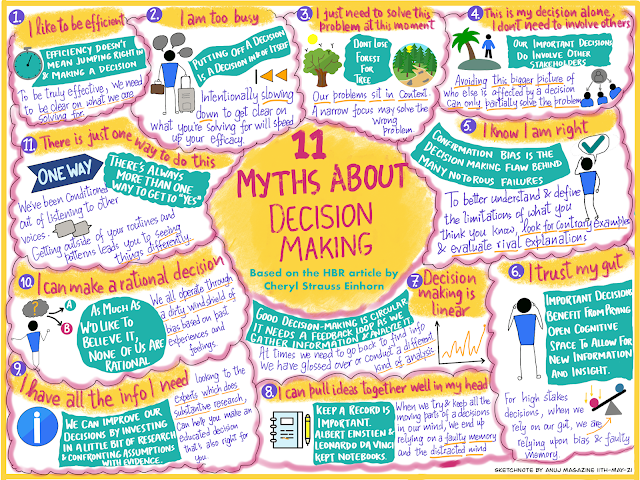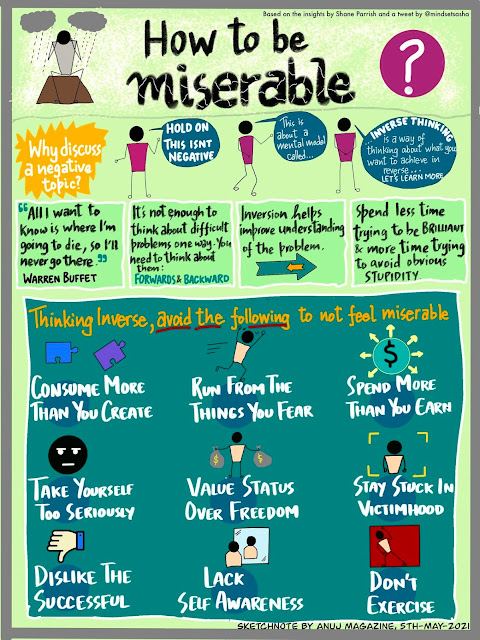Did you know that Sleep and Rest are not the same thing. We often try to fix lack of energy by getting more sleep — only to end up still feeling exhausted.
Dr. Saundra Dalton-Smith ~ Work-Life Integration Strategist in her TED talk https://bit.ly/3aLKP9q unshackles many such myths about rest.She looks at the concept of rest in a holistic way suggesting that there are 7 types:
1. Physical: Passive physical rest- sleeping and napping. Active physical rest -restorative activities such as yoga, stretching.
2. Mental: Schedule short breaks to occur every 2hours throughout your workday.
3. Sensory: Plan off-screen time. Intentional moments of sensory deprivation. Close your eyes for a minute in the middle of the day.
4. Creative: Turn your workspace into a place of inspiration by displaying images of places you love and works of art that speak to you.
5. Emotional: Have the time and space to freely express your feelings and cut back on people pleasing.
6. Social: Surround yourself with positive and supportive people.
7. Spiritual: Engage in something greater than yourself and add prayer, meditation or community involvement to your daily routine.
Catch the summary of the talk my sketchnote but would urge you to spend ~9 min to listen to it. More than ever the concept of rest needs to be understood and inculcated in today's times.
Embrace holistic rest and help yourself do the best work you can.
(This sketchnote is a replug. Resharing, simply because it's need of the hour and the positive messages needs to be amplified) #mentalhealth #rest #wellbeing #productivity #personaleffectiveness






